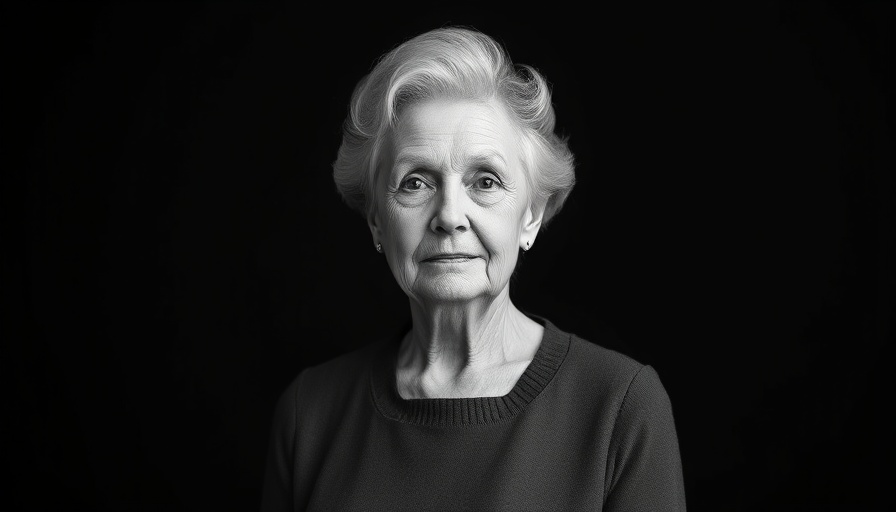
Understanding Anna Freud: A Pioneer in Child Psychoanalysis
Anna Freud, born on December 3, 1895, in Vienna, Austria, was not only the youngest child of the famed psychoanalyst Sigmund Freud but also a groundbreaking figure in her own right. While her father laid the foundation for psychoanalysis, Anna carved a unique niche, especially in the realm of child psychology. Her innovative approaches established her as the founder of child psychoanalysis, significantly advancing the understanding of mental health in children.
Revolutionary Techniques in Child Therapy
Freud's groundbreaking work began after she earned her teaching credentials and delved into her practice in 1923. In her important 1927 publication, "Introduction to the Technique of Child Psychoanalysis," she advanced methods that catered to the unique psychological needs of children. Unlike her father, who focused on adult patients, Anna recognized that children expressed trauma and anxiety differently. She thoughtfully adapted therapy settings to fit children's comfort and attention spans, promoting techniques such as play and drawing to encourage self-expression.
A Commitment Beyond the Therapy Room
Freud’s dedication to children's well-being extended beyond her clinical work. In 1919, she volunteered at the Baumgarten Children's Home, aiding Jewish children impacted by the devastation of World War I. By 1937, she co-founded the Jackson Nursery in Vienna, a school for underprivileged children, where her research revealed the importance of letting children choose their food for better health—a concept ahead of its time.
Enduring Legacy in the Face of Adversity
World events soon forced her to flee Vienna due to the Nazi threat. After escaping to London in 1938, she founded the Hampstead War Nursery, providing crucial care for children affected by the war. Her studies on children's resilience during the bombings underscored her belief in understanding trauma's effects on young minds. Anna Freud's influence persists today, as her compassionate approach and innovative practices continue to shape mental health treatment for children globally.
Anna Freud’s life is a testament to the power of resilience and dedication to children's mental health. Her pioneering legacy stands as a crucial chapter in the broader narrative of psychology, showcasing how innovations in therapy can foster better understanding and care for the most vulnerable populations.
 Add Row
Add Row  Add Element
Add Element 



Write A Comment